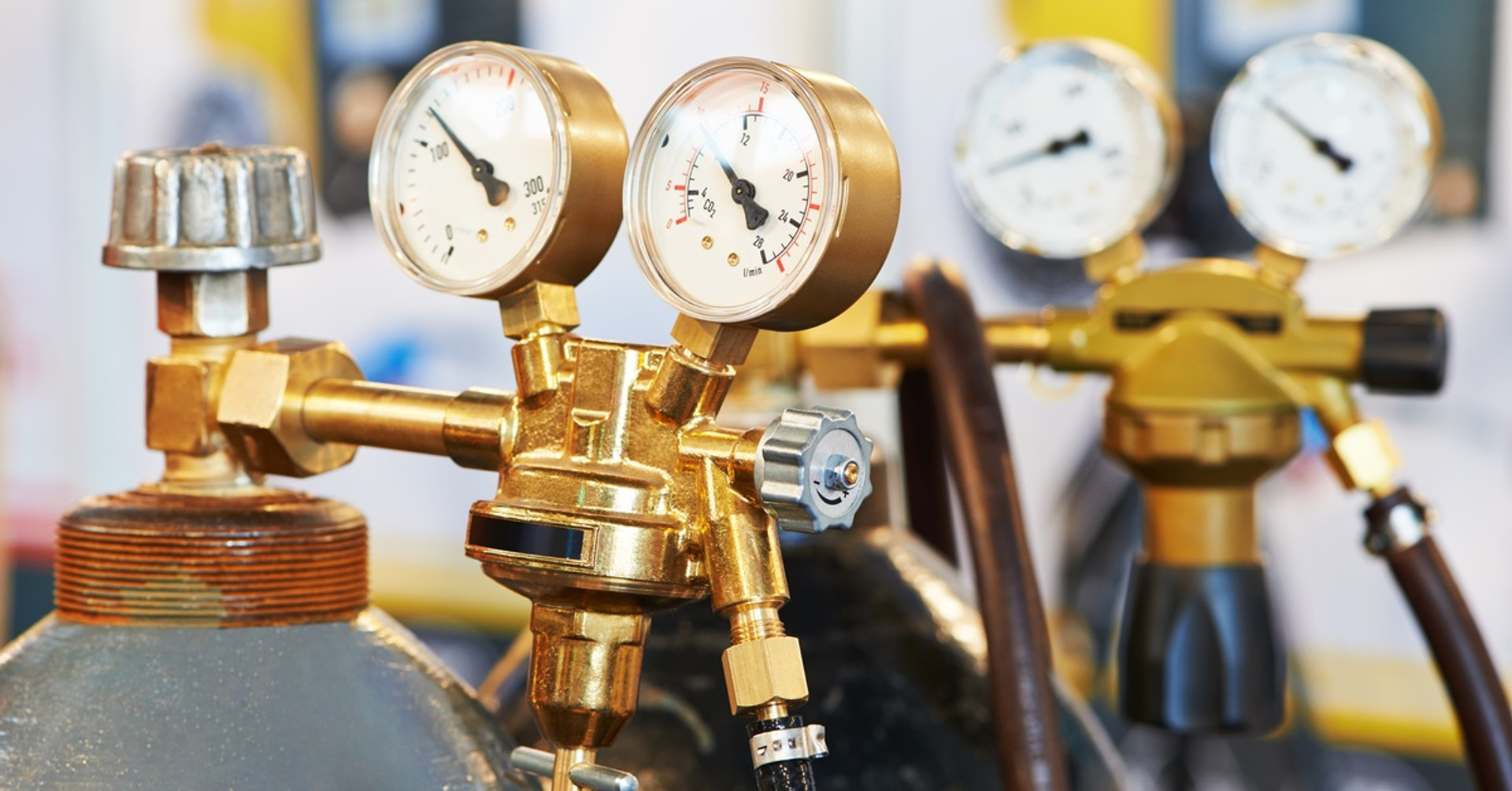5 Specialty Gases Used in Industrial Brewing
Craft breweries and large-scale producers both rely on gas inputs to maintain control, quality, and consistency during brewing. Each gas plays a unique role, from fermentation to packaging, and the influences final taste and presentation.
Understanding gas behavior under pressure and in solution allows brewers to refine each batch. With global demand rising for distinctive flavors and consistent standards, brewers depend on high-purity gases to scale operations without losing character. Gas control systems and supply partnerships matter just as much as hops or grain selection.
Carbon Dioxide (CO₂)
Brewers use carbon dioxide to carbonate beer, pressurize tanks, and purge oxygen from vessels. It prevents spoilage by displacing ambient air during packaging and keg transfers. Proper CO₂ management controls head retention, regulates foam, and preserves crispness in finished products.
Advanced systems deliver CO₂ at specific flow rates to avoid over-carbonation, which distorts intended flavor profiles. Modern brewers recognize that specialty gases used in industrial brewing directly influence not only shelf life but also customer satisfaction.
Nitrogen (N₂)
Nitrogen creates dense, creamy textures in stouts and other nitrogenated beer styles. Unlike CO₂, nitrogen dissolves less easily, resulting in smaller bubbles and smoother pours. Brewers apply nitrogen to pressurize kegs or flush tanks without increasing acidity.
We provide high-performance specialty gas regulators that maintain nitrogen purity and pressure stability across batch sizes. At MESA Specialty Gas, we support breweries that depend on consistent nitrogen application to elevate mouthfeel and visual appeal.
Oxygen (O₂)
Yeast activation during early fermentation stages requires precise oxygen introduction. Overexposure after fermentation ruins flavor profiles through rapid oxidation. Brewers apply strict timing and dosing to introduce oxygen at optimal levels for yeast health.
Facilities track oxygen flow with advanced sensors and automated shutoffs to avoid contamination. Experts agree that specialty gases used in industrial brewing play a critical role in determining fermentation success and overall flavor development.
Argon (Ar)
Argon displaces oxygen in highly sensitive brewing operations such as unfiltered transfers or bottling. Its inert nature eliminates unwanted interactions with volatile hop oils and complex malts. Small-scale brewers commonly adopt argon for artisanal batches where aroma preservation is a priority.
Precision metering tools help regulate flow and maintain a low-oxygen environment throughout the handling process. Professionals in the field value argon as one of the most effective specialty gases used in industrial brewing when flavor integrity matters most.
Carbon Monoxide (CO)
Certain experimental brewing processes use controlled CO exposure during yeast development or specialty malting phases. Only trained technicians handle CO due to toxicity concerns and strict safety protocols.
Calibration gas standards regulate carbon monoxide concentration with exacting accuracy. Some research-focused breweries use CO mixtures to influence enzyme activity and fermentation speed. MESA Specialty Gas supports clients with custom-blended calibration standards and personalized service that meets safety and quality demands worldwide.
Precision gas applications drive quality improvements in brewing that technology alone cannot deliver. MESA Specialty Gas serves as a global resource for calibration gas standards and advanced gas delivery components. Reach out to our team when precision, purity, and personal service define your expectations.

